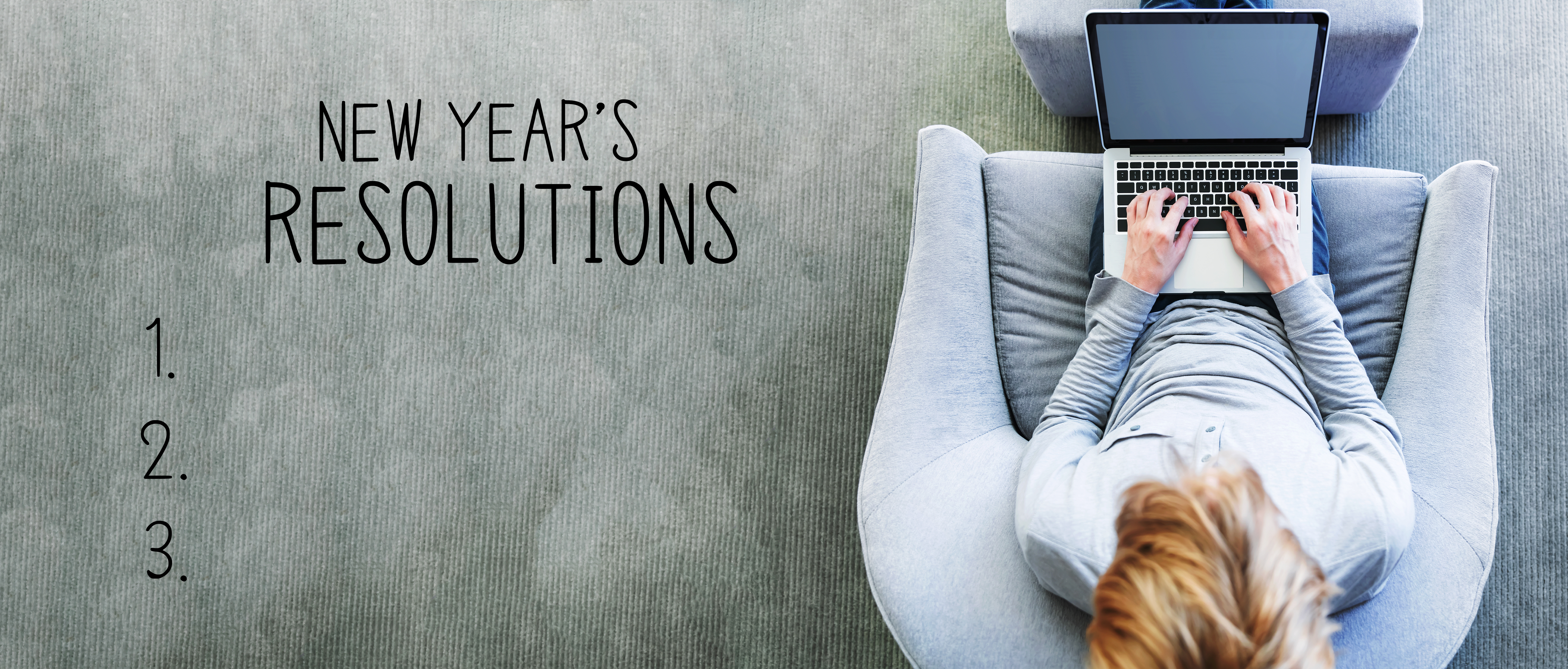- Table of Content
Everyone knows COVID-19 is a debilitating physical illness. More than a million Americans have died from the disease. But the pandemic has also affected mental health in America.
During the pandemic, we’ve spent more time alone, we’ve worried more about our physical health, and we’ve dealt with grief and anxiety more often than usual — all these factors will put anyone’s mental wellness to the test.
It’s no wonder access to online mental health therapy spiked in 2020 and continues to be popular today. Now, as we slowly regain a sense of normalcy, it’s important to continue caring for our mental health.
In this post, we’ll share 10 healthy habits you can develop to improve your overall mental well-being. That said, if you’re experiencing a mental health crisis right now, you don’t have time to establish new habits. You’ll need immediate help.
Contact us today to make an appointment or call 988 to speak to someone immediately.
10 self-care habits for improving mental health
For better or for worse, our habits help make us who we are. Habits are small things that we do so often they become big things. So, replacing bad habits with healthier habits can help us boost our mood and slowly become healthier and happier people.
Here are our top 10 habits to improve your mental and emotional wellness:
Put ‘being active’ on your schedule
Maybe it’s just a walk or a quick bike ride every few days. Or maybe you’re training for a triathlon. Either way, research shows that regular physical activity is good for mental health.
To turn occasional physical activity into a regular habit, you’ll need to put exercise on your schedule. Make it a priority of your daily routine, just like work.
You can make it easier on yourself by laying out your exercise clothes the night before. If possible, coordinate your new habit with friends or neighbors for increased social connection and accountability. Having an agreed-upon exercise time helps.
Create leisure time
In the chronic busyness of modern life, it’s easy for leisure time to fall off your schedule completely. It happens slowly. But after a few weeks of having no time for yourself, you may forget you ever had time for something besides work and taking care of daily necessities.
This is why so many good books go unread, movies go unwatched, and casual dinners get traded for fast food combos while driving. Even when it seems logistically impossible, set aside half an hour, daily if possible, for some kind of leisure activity. It can pay off.
Sleep, sleep, sleep
Regular sleep patterns enhance mental wellness, yet we all tend to stay up too late and get up too early when we’re super busy. Unfortunately, scrimping on sleep doesn’t help. In fact, it makes matters worse.
Less sleep means less focus. Less focus usually means less productivity. And lower productivity means we’ll now need to stay awake even longer to get everything done. The cycle goes on and on.
Creating a sustainable sleep schedule and sticking to it helps build better mental health and wellness.
Make time for hobbies
Do you enjoy singing in a choir? Painting landscapes? Carpentry? Cooking? Most of us have at least one interest that could be turned into a regular hobby.
Regular hobbies make us mentally healthier people. Just like with sleep, exercise, and leisure time, deliberate scheduling helps us create hobby time. Try to find a way to make your hobby part of your week. You can do this by signing up for lessons or making a commitment to a class or group activity.
Meet with friends regularly
People with strong friendships tend to enjoy better mental health. Friendship comes naturally for a lot of people. Others must work at it.
If you already have a close friend, try to schedule a regular lunch or coffee date each week to spend time together. If you don’t have any close friends, try to be more open to becoming friends with people you encounter in the neighborhood, at work, or on your commute. You can’t force friendships, but there are ways to make creating new friendships easier.
Contemplate the world
As far as we know, humans are the only animals who marvel at sunsets and think about our place in the universe. It turns out this kind of contemplation can be good for mental health.
Some people can find contemplation in a religious group. Others prefer meditating alone. Still, others might find paths to contemplation in music or art or nature.
It doesn’t matter where or how. Simply finding a time to disengage from your daily responsibilities is what counts.
Eat brain-healthy foods
Physical health and mental health are connected. And nutrition is a big part of physical health.
Try to eat real food — that means lean meat, fish, fresh fruits and vegetables, dairy, and whole grains — instead of eating processed snacks and fast food.
Eating a nutritionally poor diet is a hard habit to change. It’s OK to start slowly. Try setting aside one or two nights a week for preparing a healthy meal. When you need a snack, try to substitute nuts, bananas, and trail mix for chips, cookies, and doughnuts. You’ll find yourself feeling mentally and physically stronger over time.
Limit social media
Social media has become a daily activity for tens of millions of Americans, and logging on is a great way to keep in touch with friends and family, but social media and excess screen-time can also keep us from doing things that help improve mental health.
Try to limit social media activity to an hour or so a day. Maybe half an hour in the morning and another half an hour in the evening, for example. Try setting a timer on your phone and then logging off when the timer goes off. The same goes for checking email and reading news headlines.
Make priorities and let the other stuff wait
A lot of us have too much to do every day. This is especially true for single parents, business owners, and people who work multiple jobs. When you’re too busy, work and life can get all mixed up together. Eventually, you never really stop working.
Setting priorities for every day can help reclaim a work-life balance, even when you’re way too busy. Here’s an idea:
-
- Start by making a list of the important things you need to do today.
- Order the list from most important, at the top, to least important, at the bottom.
- Start doing the things, one by one.
After 8 or 10 hours, you’re done for the day. Whatever’s left on the list can wait until tomorrow. Chances are you’ve already done the most important things anyway.
Know when to ask for help
Better habits can help us slowly create healthier and happier lives. But someone who has a mental illness, or someone whose stress and anxiety are a persistent issue, will need more immediate treatment. They’ll need treatment that goes beyond simple lifestyle changes.
Whether you’re experiencing depression, anxiety, loss, grief, adversity, addiction, or abuse, when circumstances beyond your control affect your well-being, it’s time to get help.
Mental Health Associates of the Triad helps hundreds of patients every year develop coping skills, life strategies, behavior modification, and medical treatment.
When you need help, getting into the habit of asking for help is the healthiest habit of all.
Reviewed by Karen Rudd, LMFT, LCAS




